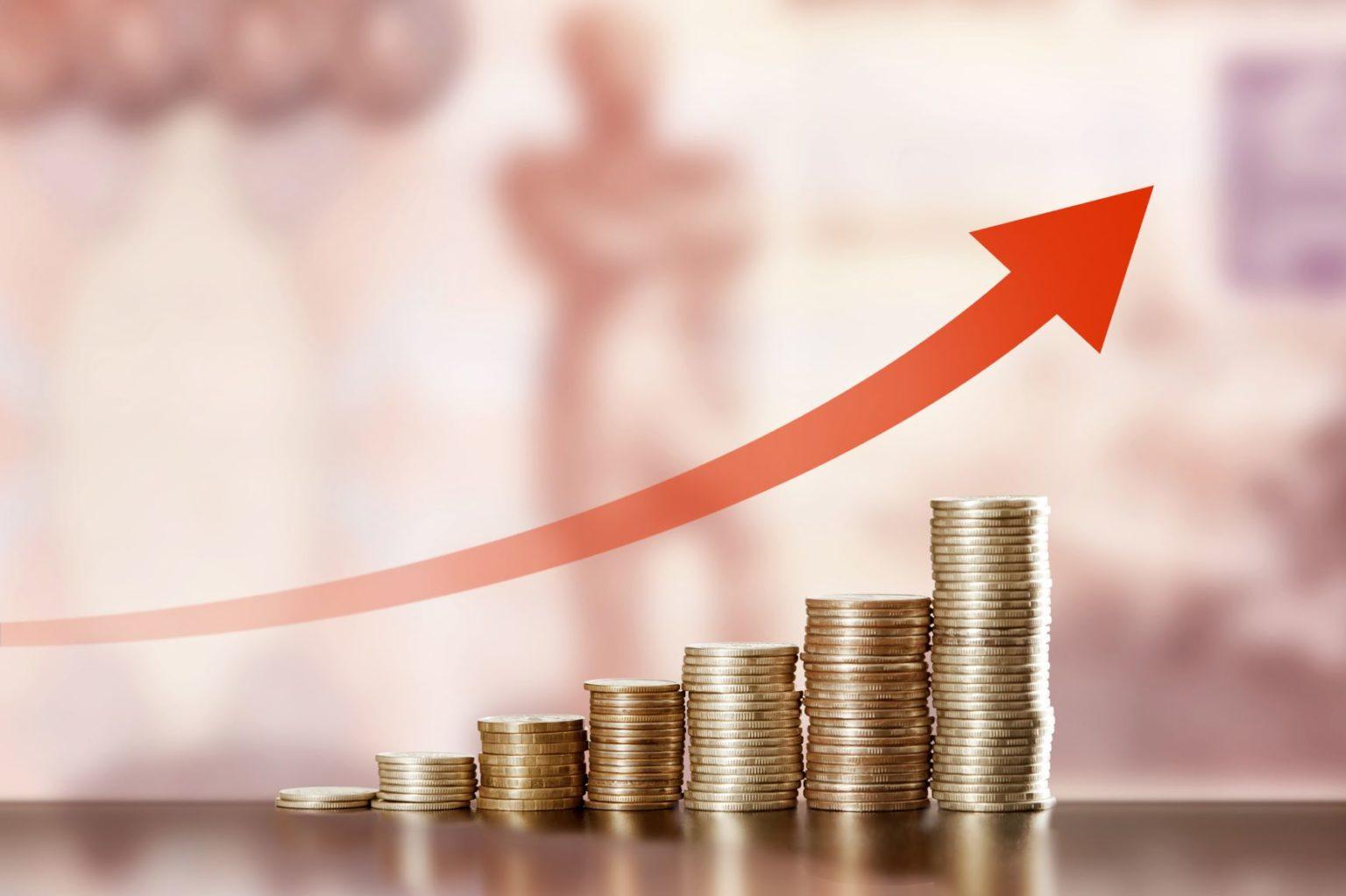This website is strictly for educational purposes and is not intended to provide specific legal, financial, or tax advice. Phil Cannella and Joann Small are licensed professionals in the insurance industry. Crash Proof Retirement, LLC. does not recommend or sell securities to anyone at any time. Any interviews conducted by Retirement Media, Inc ®. published on this website are not to be considered endorsements. Crash Proof Retirement, Crash Proof Retirement Show, and Retirement Media, Inc. ®, and all related uses, are federally trademarked with the United States Patent and Trademark Office. Any company or individual found violating these federal trademarks will be vigorously pursued through all available legal avenues and penalized to the fullest extent of the law. © 2024 Crash Proof Retirement, All Rights Reserved.

Will Inflation Sap Your Retirement Buying Power in 2021?
- March 2, 2021
- Phil Cannella
- Blog
- 0 Comments
The Federal Reserve’s target inflation rate of 2% has proved to be elusive over the last decade and 2020 was no exception. The inflation rate for 2020 finished below the 2% target, but many economists are expecting several factors to send it shooting up in 2021. While some inflation is necessary to maintain a healthy economy, too much inflation can drive up the prices of consumer goods, making it harder for consumers to pay for necessities like food, gas, and shelter.
Inflation is of particular concern to those who are retired or who are saving for retirement, as rampant inflation can cancel out the gains they are seeing in their retirement accounts, ultimately reducing their purchasing power. If you are keeping an eye on inflation this year, here are a few factors that the retirement phase experts at Crash Proof Retirement believe could send the inflation rate soaring.
Post-COVID Economic Recovery
Stock market indices are regularly reaching record highs despite sharp levels of volatility due to trillions of dollars of stimulus money being pumped into the economy, and thanks to stimulus stipends, many Americans are more willing to spend. As more and more Americans receive their vaccinations against COVID-19, it is expected that economic activity will come roaring back from its lows in March 2020. While that may sound like great news, too much demand and too little supply could trigger inflation to increase substantially.
When lockdown measures went into effect in March of 2020, consumer spending declined significantly. As a result, companies started producing less as revenues decreased causing some areas of the country to stagnate for the rest of the year as industries struggled to regain their pre-pandemic economic footing. Now that more people are returning to their pre-COVID purchasing levels, there is concern that supplies of consumer goods will not be able to keep pace with demand. As you can guess, this is a recipe for inflated prices. We have already seen some indications of this effect, as gas prices and housing prices have steadily increased in 2020 and into the new year.
Pent-up demand for consumer goods across the spectrum, coupled with consumers who have been hoarding their cash could lead to higher prices across the board as producers in every industry may struggle to keep up with increased demand.
Increased Minimum Wage
As part of his sweeping $1.9 trillion stimulus package, President Biden proposed increasing the minimum wage to $15 incrementally over the next 5 years. While it is still uncertain whether this proposal will make it into the official stimulus legislation, there has been much speculation about the effect such a measure would have on inflation. Some economists believe that an increased minimum wage could lead businesses to raise their prices, especially in the small business sector, and have argued for a narrowed approach by targeting large corporations instead.
Increasing the minimum wage currently has broad support among Senate Democrats, apart from West Virginia’s Joe Manchin, who has said he does not support a federal minimum wage of $15, despite signaling that he may support a smaller increase. While the fight for $15 rages on in the halls of Congress, smart investors will be keeping a close eye on what the proposed minimum wage increase could mean for retirement planning down the road.
Protecting Your Retirement Savings
While the Federal Reserve is confident that inflation rates will not soar above 2% in 2021, it makes sense for retirement planners to be concerned. Current economic conditions are creating an environment where high inflation is possible, and that could limit your purchasing power in retirement. Luckily, there are retirement investments available that can outpace inflation while also protecting your principal from being lost during a market downturn. If you would like to know more about how you can Crash Proof Your Retirement savings with guaranteed investment vehicles that can outperform inflation, our team of consumer advocates can educate you about the Exclusive Crash Proof Retirement System and help you make an informed decision about your retirement. The proprietary Crash Proof Retirement Vehicles can eliminate market risk and fees, while keeping your investments safe from the detriment of inflation. To find out how to Crash Proof Your Retirement, schedule a meeting to speak with one of our licensed retirement phase experts by calling 1-800-722-9728 or visit www.crashproofretirement.com.


Leave a Reply
You must be logged in to post a comment.